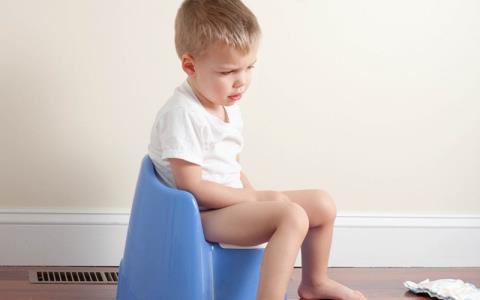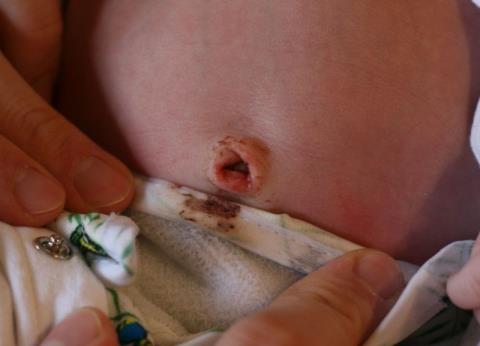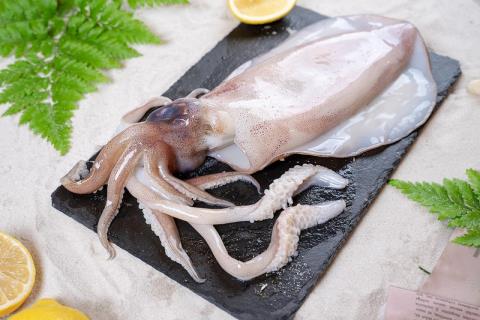Things you need to know when cutting babys nails
Nail clipping for babies seems simple, but not every mother knows how to do it right. See now how to cut nails for babies and take note.
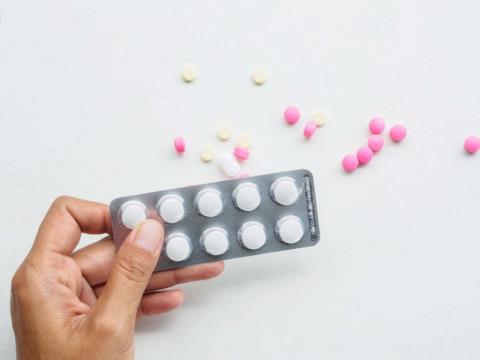
Many mothers have the same question whether breastfeeding can be dewormed? Moreover, there are also many mothers with signs of stomach worm pain when they have not yet weaned their babies. That raises a lot of concern for mothers because they are worried that the drug will affect their baby.
Helminths are a relatively common disease in Vietnam. In fact, it stems from unhygienic eating habits and unhealthy living processes. When acquired, one of the common symptoms is abdominal pain.
Abdominal pain caused by worms will cause mothers to writhe around the navel. When hunger strikes, it occurs in the epigastrium, sometimes in the lower abdomen. Accompanying that, we also feel anorexia, flatulence, nausea, diarrhea ... If unfortunately infected, will breastfeeding mothers be dewormed and have any effect on children? Let's find out through the following article.
Whether breastfeeding can be dewormed is a common question of many parents
Can breastfeeding mothers be dewormed?
There are many nursing mothers who feel extremely awkward when faced with the ironic situation of abdominal pain due to worm infection. They don't know if breastfeeding can be dewormed? Does it affect the milk supply for the baby, does it lose milk or not? This is as big a concern as how to make more milk for breastfeeding .
In fact, if you are breast-feeding, you should always be cautious when taking medications. Because drugs with systemic effects (oral or injected) when used for nursing mothers are excreted in milk or more or less harmful to the baby. If breastfeeding mothers are forced to take drugs that have a high risk of effects, we should accept to stop breastfeeding for a period of time to ensure safety.
So can breastfeeding mothers be dewormed and what kind of deworming drugs will harm the milk supply? In fact, the common anthelmintic drugs on the market today have local effects (kill in the digestive tract) but are less absorbed into the bloodstream. However, it is still contraindicated (not used) for pregnant and lactating women.
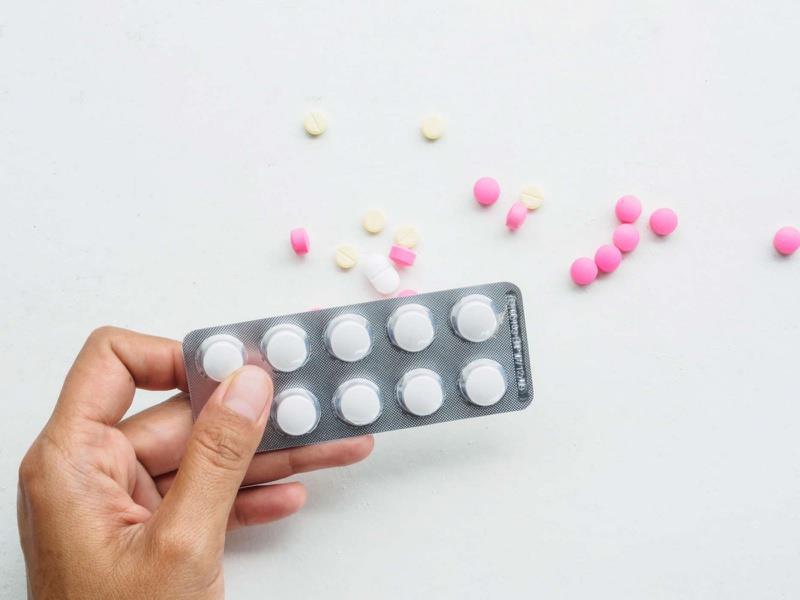 The dewormer is contraindicated for pregnant and lactating women
The dewormer is contraindicated for pregnant and lactating women
If you still want to clarify whether breastfeeding can be dewormed, let's take a look at 3 possible cases below:
Periodic deworming while breastfeeding
Because the rate of worm infection, especially helminthiasis, in our country is very high. For example, in the North, there are places where the rate is as high as 86 - 98%, so there is periodic deworming activity. Breastfeeding women are advised not to take dewormers if only in doubt. Instead we should periodically deworm once the baby has been weaned.
The case of using deworming drugs when detecting infection
You should note that we must do a test to know if we have worms or not. However, there are also cases where a mother finds out she has worms through her stool. In this case, it is important to know if breastfeeding can be dewormed to stop breastfeeding. That period lasts for about 2 days so that the drug has time to be eliminated from the body.
A special case of helminth infection
Our country not only detects common worm infections, but also helminth infections. Breastfeeding mothers can find out that they are infected with worms, especially serious health problems through the doctor's checkups. For example, infection with lung fluke (Paragonimus westermani) causing lung abscess, bovine tapeworm (Taenia saginata)...
There have even been cases of nursing mothers infected with ectopic worms, causing extremely miserable larva migians syndrome. If unfortunately, we have the special helminth diseases mentioned above, we need to be examined and treated immediately. In addition, breastfeeding mothers must also stop breastfeeding during the treatment period.
What medicine to use to deworm while breastfeeding?
Not only can breastfeeding be dewormed, but the problem of using any type of dewormer is also of concern to mothers. Deworming drugs for people who are breastfeeding have many types with many different effects. But usually they all have in common that the active ingredient is Albendazole or Mebendazol. Dewormers are also almost non-toxic when used because they are less absorbed into the bloodstream.
If you must use it, you should stop breastfeeding for about 2 days after deworming. It is especially important to note that if you accidentally get pinworm, it can spread to all family members regardless of age. Therefore, we need to pay attention to hygiene and timely treatment because the infection is extremely familiar through food, drinking water, personal objects (clothes, soft nets, mats, pillows, ..) or hands. infected.
If you must use deworming medicine, you must stop breastfeeding for about 2 days
Because babies infected with pinworms may have anorexia, growth retardation, digestive disorders, vaginitis, vulva (girls) ... so we need to be very careful with whether breastfeeding can be dewormed . as well as ways to prevent infection. Hopefully, through this article, mothers have had an overview of how to deal with suspected helminth infections.
Nail clipping for babies seems simple, but not every mother knows how to do it right. See now how to cut nails for babies and take note.
Laughing cow cheese is a product that contains many nutrients that are extremely good for children. However, parents need to know about when children can eat and how to eat cheese correctly so that the product can work at its best.
In addition to breast milk, the use of external milk has become the solution for the development of children in the period from 0 to 6 months old. Watch now!
Teaching children to be independent is a noble quality, an invaluable "asset" that parents can leave their children. In addition, teaching your child to be independent is a way that you can give your child a "fishing rod" so that he or she can be free to be creative and do the things he loves. From there, I can be brave, strong and confident to walk on my own path in the future.
Many mothers have the same question whether breastfeeding can be dewormed? Moreover, there are also many mothers with signs of stomach worm pain when they have not yet weaned their babies. That raises a lot of concern for mothers because they are worried that the drug will affect their baby.
Bleeding from the umbilical cord of a newborn is usually not a cause for concern. Therefore, when the baby has bleeding in the umbilicus, parents need to calmly find a way to stop the bleeding and clean the baby's umbilical cord properly.
Cleaning the baby's ears is a necessary job, but it should not be abused as well as mastering safe hygiene, avoiding discomfort and pain for the baby.
If you and your wife are planning to have a baby and want to give birth to a boy, but don't know how to do it, follow the following article right away!
Diet for mothers after cesarean section is very important because it affects the recovery of the wound. Can moms give birth by caesarean section eat squid? How much should be eaten? SignsSymptomsList will answer in detail so that moms know how to eat squid after caesarean section properly.
